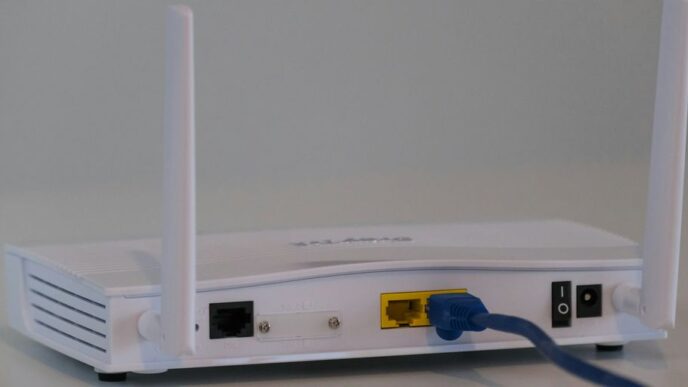Pharmaceutical technology has undergone a remarkable transformation in recent decades, bringing about profound changes in patient care and revolutionizing the healthcare landscape. In this blog post, we will explore the evolution of pharmaceutical technology and its impact on the future of medicine. Join us on a journey through time as we uncover groundbreaking developments that have forever changed healthcare.
Understanding Pharmaceutical Technology
Pharmaceutical technology is a scientific discipline focused on the design, development, manufacturing, and evaluation of safe, effective, and high-quality pharmaceutical products. It encompasses the delivery of these products to patients through suitable dosage forms and drug delivery systems.
Over the years, pharmaceutical technology has rapidly evolved to meet the changing needs of healthcare. One notable shift has been the transition from traditional small-molecule drugs to biopharmaceuticals. These large-molecule drugs, produced using living cells, have led to increased emphasis on process development, manufacturing, quality control, and safety.
Advancements in pharmaceutical technology have had a profound impact on healthcare by enabling the development of new and more effective medicines. These innovations have improved the health and well-being of millions of people worldwide.
Tracing the History of Pharmaceutical Technology
The history of pharmaceutical technology is a complex journey filled with breakthroughs and setbacks that have shaped the current state of medicine. The first breakthrough occurred with the isolation of active ingredients from natural sources, enabling more precise dosing and the development of synthetic drugs.
The discovery of penicillin, the first antibiotic, ushered in a new era where previously incurable diseases became treatable. However, the overuse of antibiotics has led to the emergence of resistant bacterial strains, reducing the overall effectiveness of this class of drugs.
In recent decades, our understanding of genetics and molecular biology has expanded significantly. This has paved the way for targeted therapies that specifically address disease-causing genes or proteins. These therapies are often more effective and have fewer side effects. Additionally, personalized medicine is becoming increasingly feasible as we sequence patients’ genomes and tailor treatments to their individual needs.
The Benefits of Pharmaceutical Technology
Pharmaceutical technology has revolutionized healthcare by enabling the development of life-saving medications. Researchers can now develop drugs to treat previously untreatable diseases, and medications have become safer and more effective.
The benefits of pharmaceutical technology are extensive and have had a profound impact on healthcare. Countless lives have been saved, diseases have been eradicated, and the development of targeted and personalized treatments has become possible. As research continues to progress, the potential benefits of this technology are becoming increasingly apparent.
Key innovations in pharmaceutical technology include:
Development of new drug delivery systems: These systems enhance the targeted delivery of drugs, reducing side effects and increasing efficacy. Examples include nanotechnology-based drug delivery systems and targeted drug delivery systems.
Advancements in formulations: Formulations are continuously improved to enhance drug effectiveness and ease of administration. For instance, drugs that were previously limited to injections are now available in oral tablet or capsule forms.
Integration of artificial intelligence (AI) in drug discovery: AI is increasingly used to identify potential drug targets and design more effective drugs. This approach accelerates and streamlines the drug development process.
Utilization of 3D printing in pharmacy: 3D printing enables the production of customized medication doses for patients and personalized medical devices like implants and prosthetics. This technology also facilitates the creation of “organ-on-a-chip” models for testing new drugs and therapies.
Implementation of blockchain in healthcare: Blockchain technology ensures secure, transparent, and tamper-proof data management, enhancing data integrity and privacy.
The Future of Pharmaceutical Technology and Its Impact on Healthcare
Pharmaceutical technology continues to evolve, exerting a significant impact on healthcare. With the constant development of new drugs and treatments, healthcare providers must remain up-to-date with the latest advances to provide optimal care for their patients.
The future of pharmaceutical technology is incredibly promising, with numerous drugs and treatments currently under development. Breakthroughs are expected in the coming years, leading to a substantial impact on healthcare by enhancing effectiveness and accessibility.
Conclusion
Pharmaceutical technology has come a long way, leaving an indelible mark on healthcare. Today, this technology enables the development of more effective drugs with fewer side effects. Innovative drug delivery systems have enhanced medication administration, ensuring convenience for patients. With ongoing medical research and the continuous introduction of new treatments, the future of pharmaceutical technology holds great promise for improved healthcare outcomes worldwide.













